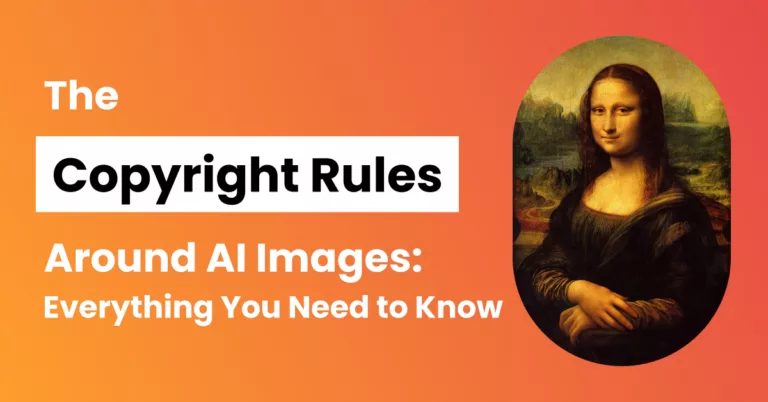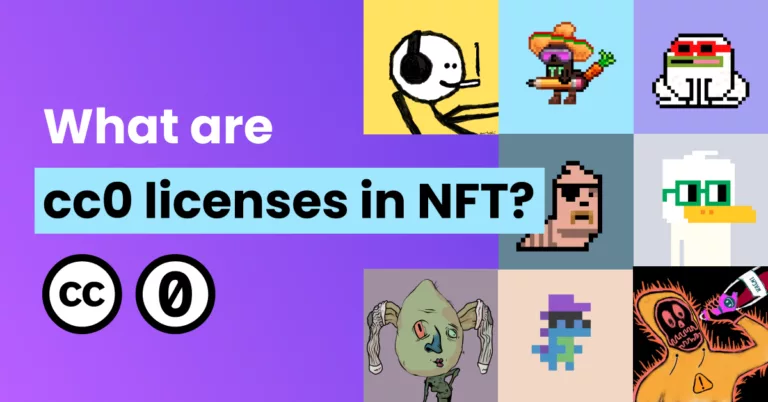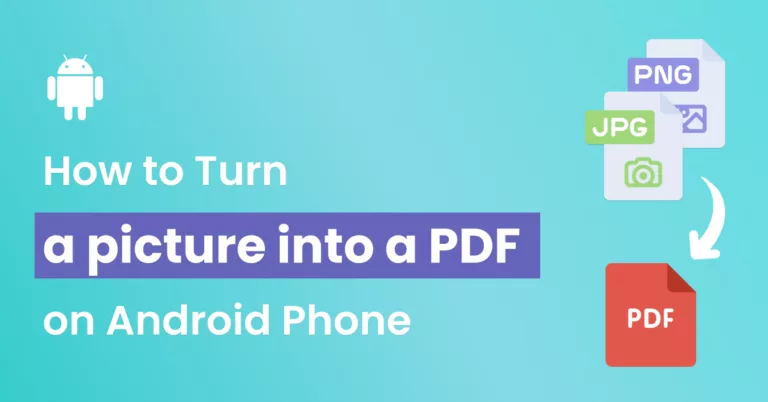Articles with images relevant to the content get 94% more average views than similar articles with no images.
Getting quality images for your content is essential to attracting and holding. You can also get significant organic traffic to your blog using images.
The best images are informative, relevant, and eye-catching. Problem is these images don’t always come cheap.
With Creative Commons Zero licensing, you have access to a much larger market of images for free.
Here’s how it works.
What Is a Creative Commons License?
A Creative Commons License is a license given to a work created by someone in order to help them identify what can be done with that work.
Creative Commons is a non-profit organization that works for the simplification of copyright transfers and creative work. Although they are not a government body, they are a well-known and trusted organization who created a series of copyright licenses to fill the gaps in existing national and international copyright systems.
These licenses are called Creative Commons licenses. All licenses are given out free of charge with no requirement to register for any service. Licenses can be applied as a section of code inserted into a media file or document.
Creative Works Distribution
Many creators want to distribute their work either for pay, for recognition, or for the benefit of others. Copyright laws are difficult to navigate, with complex international, national, and local laws governing the rights of the creator.
Licensing from Creative Commons simplifies the copyright process and makes it hands-off for creators.
Types of CC Licenses
There are numerous different Creative Commons licenses. Each license provides a different level of privilege to the licensor and the licensee. Depending on how the licensor wants their content distributed, they can choose the appropriate license.
These licenses help to enforce copyright laws on creative works and make it clear what the creator or owner of the work wants to do with it.
What Is the CC0 License?
CC0 licenses are the least restrictive form of license, allowing anyone to download, use, change, display, or otherwise build on any work that holds the CC0 license.
Creative Commons Zero (CC0) licenses are referred to as the “no rights reserved” option. Content with a CC0 license is equivalent to content in the public domain. While it’s not exactly the same thing, it’s one of the simplest ways for creators to distribute their copyrighted works free of any use restrictions.
CC0 licenses can be applied to any creative works, from cc0 music and sounds, to cc0 NFTs. But the most common way you see them applied is on images.
Using CC0 Licensed Images
Stock images are staples in online content. Companies and individuals who use a lot of stock images often pay for memberships that give them access to galleries full of royalty-free images. However, free stock images are a great option for anyone who doesn’t need quite as many images.
Most free stock images online are licensed under CC0.
What does this mean for you?
All CC0 licensed images are free for use and open to anyone, but there are some conditions placed on them.
Attribution
When you use free images, you are sometimes required to provide attribution back to the source of the image, namely the photographer or the owner of the image. This isn’t always the case.
Some websites allow use of creative commons zero images without any attribution or backlinking. It comes down to the policies of each individual free image platform.
Always check the terms and conditions of a site before you download any images.
Note that all images without a CC0 license legally require attribution.
Commercial Use
In most cases, CC0 licensed images are available for commercial and personal use with no restrictions, just like those in the public domain. Other CC license types often block commercial use.
Having commercial use rights means you can place the image on any content, from blog posts to social media, marketing materials, or your webpages themselves.
Derivations
Once you download a CC0 image, you have the right to change it in any way that you want. There are no copyrights passed from the original owner to you, and you have no responsibility to attribute any derived works back to the original image or owner.
CC0 is one of the few licenses that allows derivative works without restriction. This gives you the freedom to modify images however you need for social profiles, webpages, blog posts, email marketing, etc. You can even use them for artistic purposes and display them as your own work.
Can CC0 Licenses Be Revoked?
Once an image is licensed by Creative Commons, that license cannot be legally revoked.
What this means practically is that as long as an image you use contains a CC0 license at the time when you first use it, you cannot be compelled to stop using it or to remove it, even if the owner changes the license in the future.
How to Find CC0 Images
Because Creative Commons zero images can be a powerful resource for your content marketing strategy, it’s useful to get familiar with how you find and obtain the rights to use CC0 images.
You don’t have to know the creator or have any contact with anyone.
1. ImageSuggest
ImageSuggest is a tool that fetches CC0 images from the largest online databases. You’re essentially cutting out the middleman and getting a cherry-picked selection of relevant CC0 stock images.
It works by utilizing AI to scan the text in your content and present images relevant to your topic. If you want a feature image, you can just let it scan the whole text and give broad topic-related images. For more specific images, select a paragraph of text and ImageSuggest will present CC0 images based on that block of text alone.
The AI image suggestion is what makes this service unique. Instead of tying in keywords and scrolling through all the results pages, you’re getting a more relevant list presented to you in either the browser suggestion box or the Google Docs extension.
2. Stock Image Websites
Many stock image websites are dedicated solely to CC0 and fully royalty-free, attribution-free images. These are usually free stock photo websites that anyone can use around the world.
The benefit using a stock image website is the search interface. Companies invest in good design that’s smooth and search-focused. All the images are CC0 or similar, but the details for a particular images are usually displayed prominently on every return visit.
These are the three most popular free stock image websites that offer CC0 images:
Creative Commons has their own search tool. Using this tool, you can search for keywords that are attached to the image metadata as descriptions. If you want to search specifically for CC0 licensed images, adjust the settings in the “Filters” menu.
This is a good way to get images from the source. However, CC Search does not have as nice of a user interface as some of the other stock image website options. It is functional, but not as practical when you need a specific image or you need to scroll through a large collection of images.

3. Google Images
Using the advanced search settings, you can tell Google Images to only show content that’s licensed in a certain way. Check the box that you want only CC0 images and you can look through the list.
Although the interface is familiar and comfortable, Google Images doesn’t always show relevant results. There may be results that are not actually CC0 but have different CC licensing instead. There are also an abundance of images with company watermarks.

4. Flickr
Flickr is an image and media file-sharing service that’s been operating for years. They have a large catalog of images up for grabs with a smooth interface that’s easy to get through. You can narrow down your search based on the CC license you want.
A big point of difference for Flickr is the number of people who can enter into the market to submit their creations. With a free account, users can operate on the site as desired and get everything they need. However, Flickr was recently acquired in 2018 by SmugMug. This acquisition has seen some users jump shit for other options.

Just having the right images in the right places can make a world of difference. Images take a boring stack of words and turn it into something a little more interactive and interesting.
If you need high-quality images to add to your content, try using CC0 images to give you a lot of options for low or no budget.
AI image generators have also become ready sources of images to use on your website. But before using such images, you should note the potential copyright issues that exist around AI-generated images.




